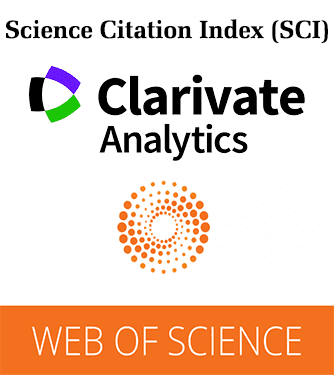Vol. 7, Issue 5, Part A (2020)
Post flood vector borne disease surveillance: An experience from Malappuram district of Kerala, India in 2018
Author(s): Lalthazuali, Sweta Bhan, TG Thomas and Ram Singh
Abstract: Vector-borne diseases are illnesses which are caused by pathogens and parasites in human populations. More than one billion people every year are infected and more than one million people die from vector-borne diseases, including malaria, dengue, yellow fever, lymphatic filariasis and onchocerciasis. One sixth of the ill health suffered worldwide is due to vector-borne diseases, with more than half of the world’s population currently estimated to be at risk of these diseases. An entomological survey was carried out extensively during 15 days from 17th September, 2018 – 1st October, 2018 following the post- flood (2018) in Malappuram district of Kerala to assess the post-disaster, epidemic risk factors, exposure to flood water and disease vectors. A total of 723 houses was surveyed from 15 villages and 21 houses had positive breeding sources for Aedes mosquitoes and Culex mosquitoes as well. Out of 1464 containers screened 23 containers were found to support the Aedes mosquito breeding. In our study the HI, CI, BI, and PI varied from 1.8– 11.5, 0.8 – 5.4, 1.8 – 11.5 and 00 – 6 respectively. The highest breeding habitat for Aedes was tyres followed by plastic storage and earthen pot. Our study implies that the two villages have high larval indices and so many potential containers were found in all villages. Thus, it is evident that plenty of empty containers is responsible for endemicity of dengue and it can give rise to outbreak at any point of time if control measures are not taken.
Pages: 01-06 | 1240 Views 228 Downloads
How to cite this article:
Lalthazuali, Sweta Bhan, TG Thomas, Ram Singh. Post flood vector borne disease surveillance: An experience from Malappuram district of Kerala, India in 2018. Int J Mosq Res 2020;7(5):01-06.







